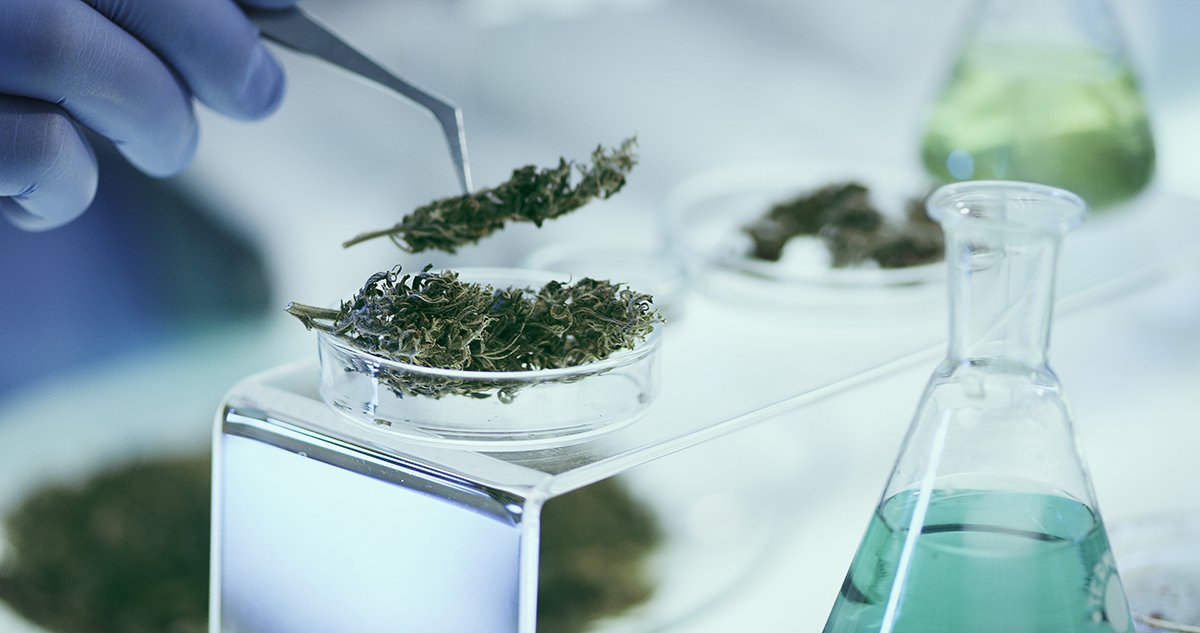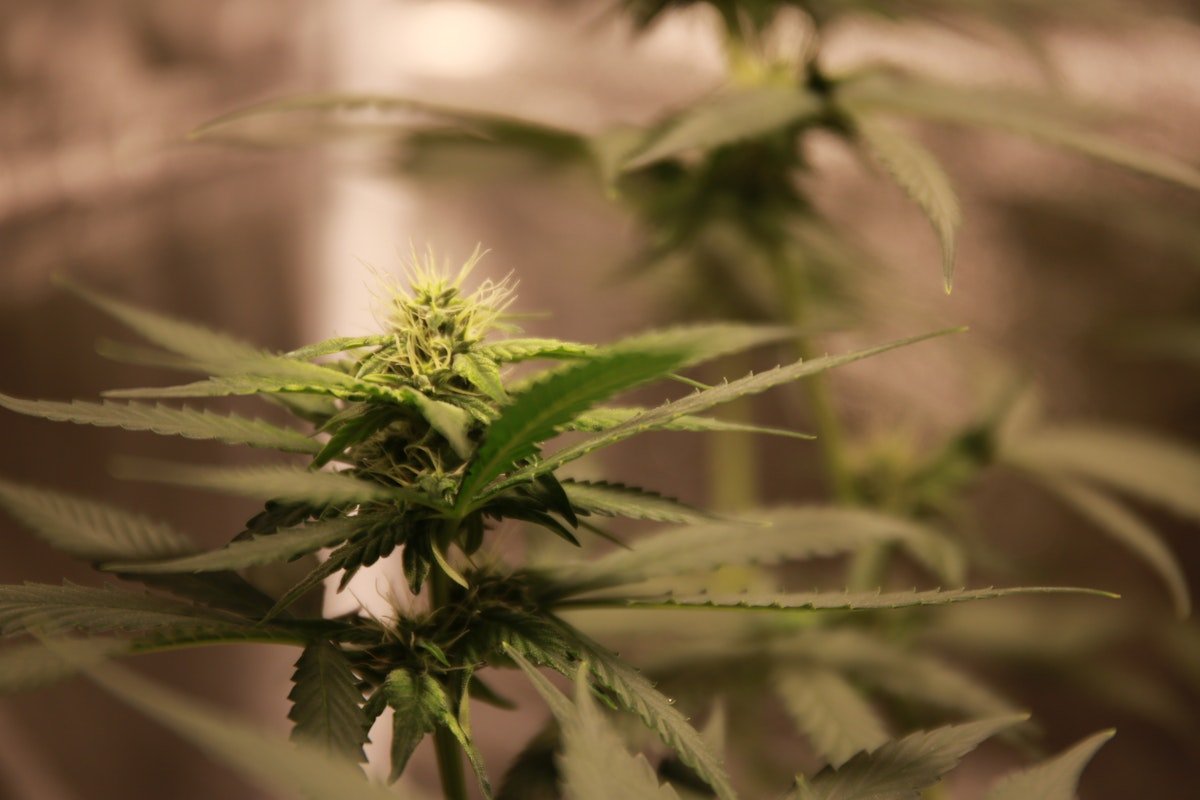A recent systematic review from Oregon Health & Science University (OHSU) raises alarms about the risks associated with cannabis use during pregnancy. The study, published in JAMA Pediatrics, highlights increased odds of preterm birth, low birth weight, and infant mortality linked to cannabis consumption during gestation.
The review analyzed 51 observational studies encompassing over 21 million individuals. It found that the evidence level for adverse outcomes increased from ‘very low to low’ to ‘moderate’ based on eight new studies added since the last review. These findings align with earlier research indicating that cannabis use during pregnancy can negatively impact fetal development.
Jamie Lo, M.D., M.C.R., a maternal-fetal medicine specialist at OHSU and the study’s lead author, noted that many expectant mothers inquire about the safety of cannabis after quitting smoking and drinking. “Patients often perceive cannabis as safe because its harms have not been definitively proven,” said Lo. “However, the evidence suggests otherwise.”
In contrast to declining rates of alcohol and nicotine use during pregnancy, cannabis consumption continues to rise. Many women report using cannabis to alleviate common pregnancy-related issues such as nausea and insomnia. Lo advocates for a harm-reduction approach, suggesting that if patients cannot completely abstain, they should minimize their cannabis use to lower potential risks for their infants.
The updated review also pointed to a correlation with increased newborn mortality, although this finding remains of low certainty. Researchers underscore that animal studies have shown harmful effects of THC, the psychoactive component of cannabis, on placental function and fetal health, including reduced blood flow and oxygen availability, as well as decreased amniotic fluid volume.
“When the placenta does not operate effectively, it can hinder the baby’s growth and development,” Lo explained.
Despite cannabis being classified as a Schedule 1 substance federally, Oregon has legalized its use for both medical and recreational purposes. The study forms part of the Systematically Testing the Evidence on Marijuana (STEM) project, funded by the Veterans Health Administration and supported by the National Institute on Drug Abuse.
Lo and her colleagues emphasize the importance of educating patients on these risks and providing practical advice for those who find it difficult to stop using cannabis during pregnancy. “Even reducing use can help mitigate risks,” she concluded.




